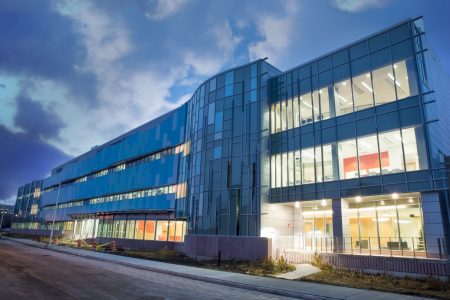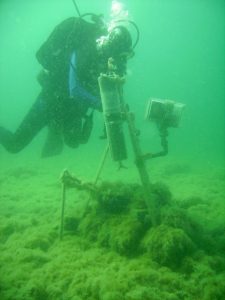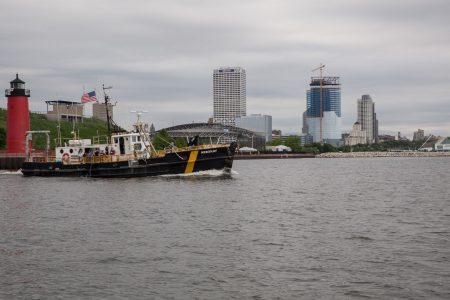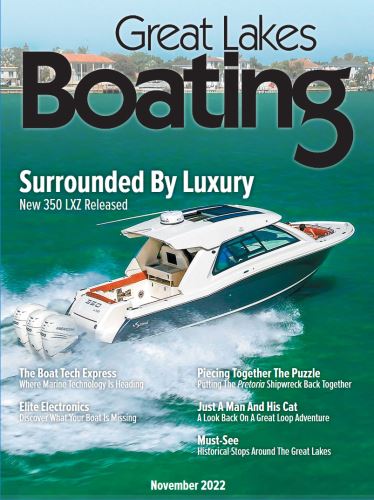School of Freshwater Sciences offers Unique Education
September 2016
Trending
GLB Admin
By Jay Bouchard and Kathleen Ferraro
A Unique Education
At a time when aquatic invasive species and dangerous pollutants threaten the health and well-being of the Great Lakes, it is imperative that researchers understand how to protect and sustain the world’s largest freshwater system.
Thankfully, the next generation of Great Lakes researchers are learning how to protect the Great Lakes at the UW Milwaukee’s School of Freshwater Sciences—the only school of its kind in the United States.
Background
Although many marine biology programs exist throughout the country, UW Milwaukee is the first and only university with a degree-granting program dedicated exclusively to freshwater sciences.
“In years past, there was no cohesive curriculum for a student who was interested in Great Lakes sciences or fresh water,” said Val Klump, a professor and senior director of research at the School of Freshwater Sciences.
To rectify this situation, the School of Freshwater Sciences was formed in 2009. It was an outgrowth out of a research institute originally founded in 1966. In 1998, that research institute was given new life and a new name, the Great Lakes Water Institute. It doubled the number of research positions and started offering some classes.
A decade later, the School of Freshwater Sciences was created, and it began granting degrees in 2010. The school’s state-of-the-art research facility was built in 2014 and sits on the shores of Lake Michigan.
 The School of Freshwater Sciences new facility in Milwaukee, on the shores of Lake Michigan. Photo by Troye Fox, University of Wisconsin-Milwaukee.
The School of Freshwater Sciences new facility in Milwaukee, on the shores of Lake Michigan. Photo by Troye Fox, University of Wisconsin-Milwaukee. A student conducts underwater research on assignment at the School of Freshwater Sciences. Photo by Harvey Bootsma, University of Wisconsin-Milwaukee
A student conducts underwater research on assignment at the School of Freshwater Sciences. Photo by Harvey Bootsma, University of Wisconsin-Milwaukee TheSchool of Freshwater Sciences Neeskay research vessel leaves the harbor. Photo by Troye Fox, University of Wisconsin-Milwaukee
TheSchool of Freshwater Sciences Neeskay research vessel leaves the harbor. Photo by Troye Fox, University of Wisconsin-Milwaukee

